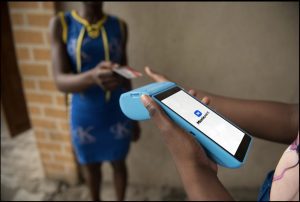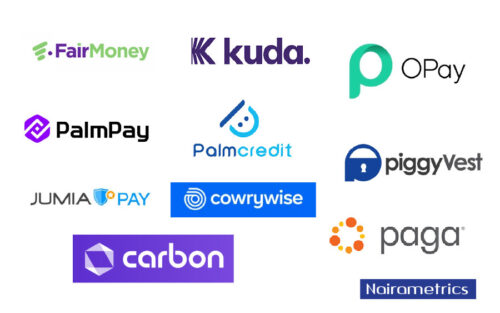
A recent cash shortage in Nigeria, driven by controversial currency redesign policies, proved beneficial for some fintech companies, particularly Chinese-backed platforms like OPay and PalmPay. These platforms thrived by leveraging their robust agent networks and seamless payment infrastructure, highlighting crucial lessons for other digital banking players.During the cash crisis, fintech platforms witnessed a surge in transactions as Nigerians sought alternatives to traditional banking systems. OPay, for instance, claims to have amassed 30 million registered users, while other platforms like Moniepoint and Kuda Bank also recorded spikes in transaction volumes.However, what set OPay and PalmPay apart was their strategic focus on offline solutions and widespread distribution. Ibrahim Toyeeb Ibitade, CEO of cross-border payments company Leatherback, noted that the platforms offered accessible services beyond internet-based systems, enabling users to carry out transactions seamlessly using mobile numbers.Similarly, Ayoola Kosoko, a fintech expert, attributed their success to expansive agent networks that functioned like physical banking hubs. “The agents were already in place, providing increased access during the crisis,” Kosoko said. In contrast, many other digital banks lacked physical presence, missing out on the opportunity to meet customer needs.
Infrastructure and Readiness
Timing and preparation also played significant roles. “There’s never a better time to be ready,” Kosoko emphasized, pointing to OPay’s ability to optimize its infrastructure to handle heavy transaction volumes without disruptions. Many digital banks struggled under the surge, leading to failed or delayed transactions.Charles Odogwu, a digital payments expert, noted that OPay and PalmPay provided near-instant transactions, setting a high standard for reliability in the sector. He urged other players to deliver solutions that align with customer expectations for speed and dependability.
Impact on Financial Inclusion
Nigeria faces significant challenges with financial inclusion, with over one-third of adults lacking access to formal financial services, according to reports. The cash shortage, however, encouraged greater adoption of digital payments, particularly among merchants and small businesses.“Before the crisis, many vendors refused to accept transfers, favoring cash or POS systems. Now, transfers—especially through platforms like OPay and PalmPay—have become the norm,” Odogwu explained.While the crisis created opportunities for digital payment platforms, Ibitade stressed the importance of building trust to sustain financial inclusion. “The real challenge is assuring people that their money is safe on these platforms,” he said.
Post-Crisis: Trust and the Road Ahead
As cash becomes more readily available, Nigerians are blending digital and traditional banking methods. Traders like Misturat Arike in Lagos appreciate the speed of platforms like OPay but remain wary of their lack of physical branches. “OPay works well, but if there’s a problem, we don’t know where to go,” she shared.Others, like grocery shop manager Alabi Balogun, expressed concerns about trust after previous experiences with unreliable platforms. For him, digital wallets and traditional banks now serve complementary roles.The cash crunch underscored the importance of accessibility, trust, and infrastructure in driving financial inclusion. Fintech players that prioritize these elements—along with distribution—will likely remain resilient in Nigeria’s evolving digital banking landscape.



